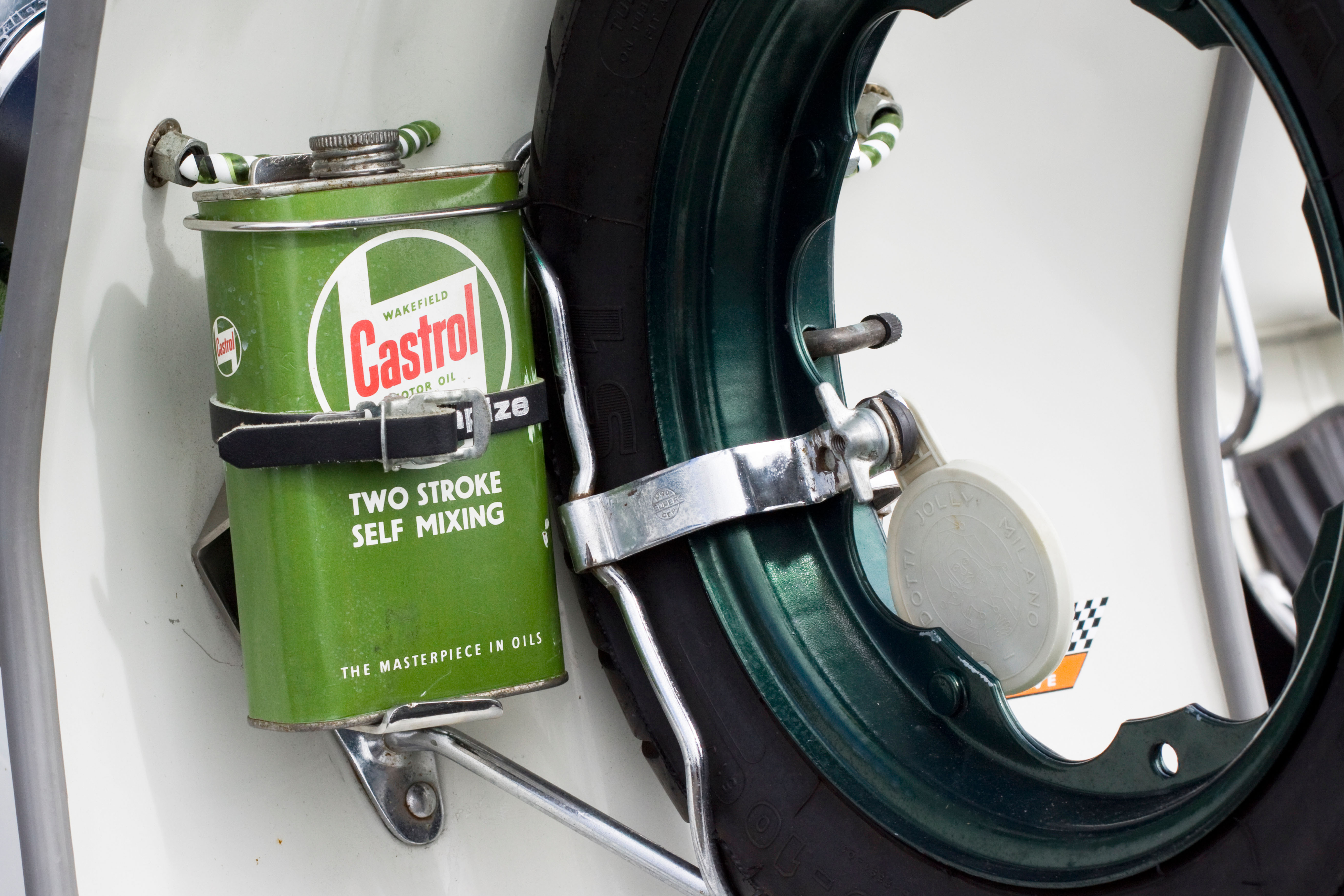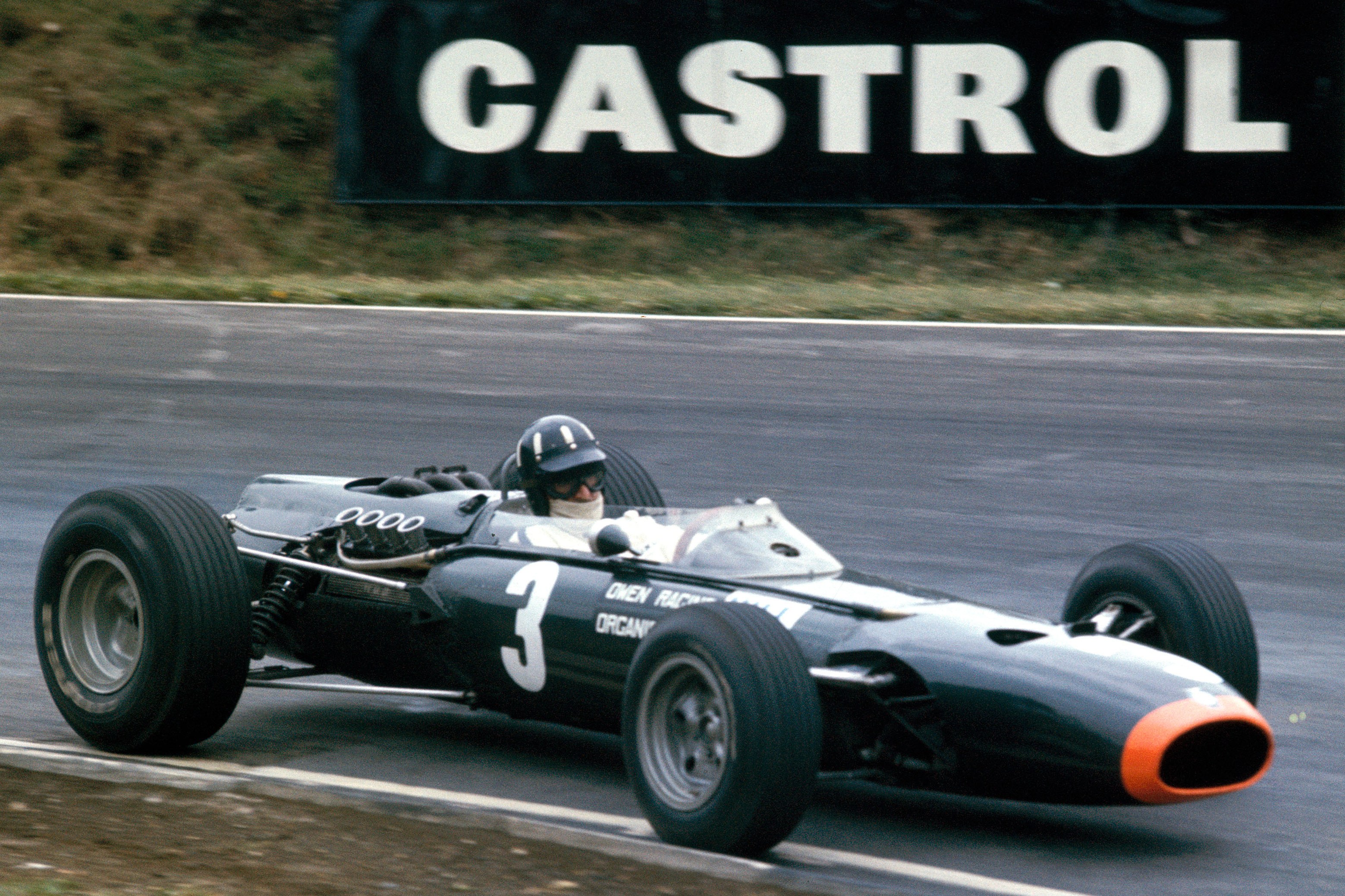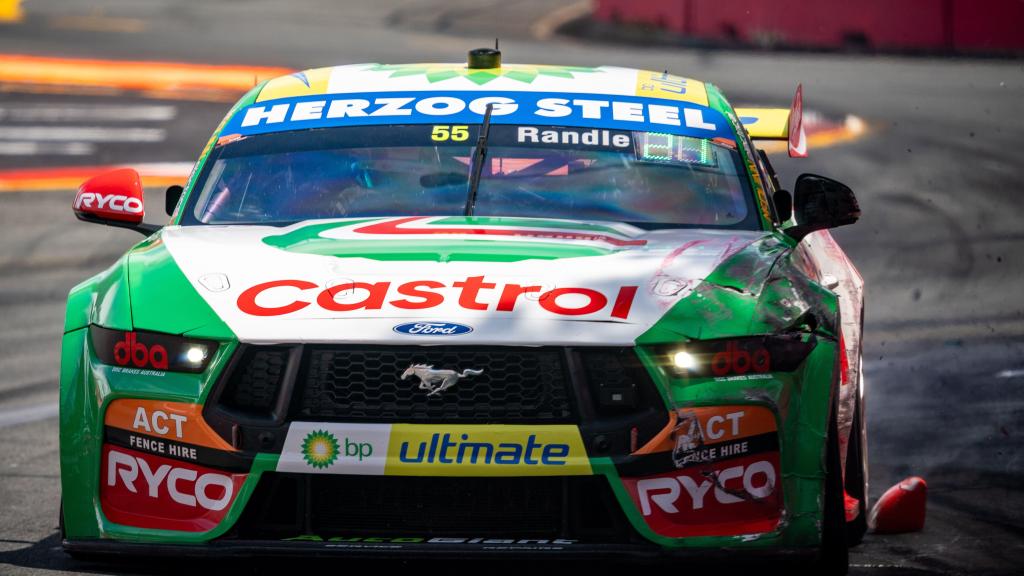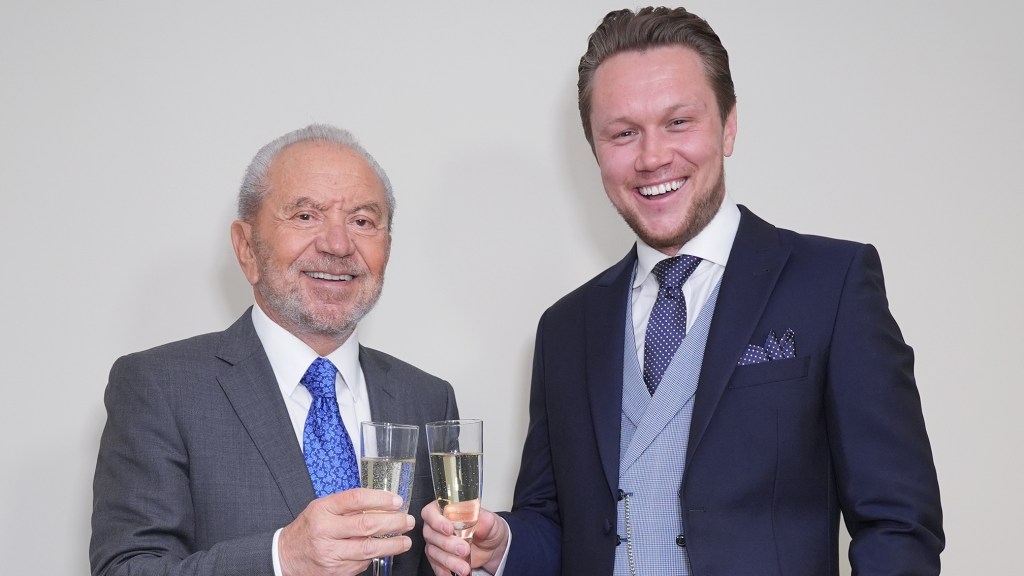Interest Grows in BP’s Castrol Lubricants Division
BP’s Castrol lubricants division is attracting interest from various potential buyers, including Reliance Industries and several prominent private equity firms, as the oil company initiates a formal $10 billion sales process.
Saudi Aramco, the largest oil producer globally, has been reported to be considering a bid for Castrol, following BP’s announcement in February about its plans to divest $20 billion worth of assets by 2027.
Additionally, Reliance from India, along with U.S. investment firms Apollo Global Management and Lone Star Funds, have expressed interest, with estimates suggesting Castrol could sell for between $8 billion and $10 billion, according to Bloomberg.
Energy analyst Giacomo Romeo of Jefferies noted that this valuation falls short of more optimistic market predictions, which range from $12 billion to $13 billion. He warned that economic uncertainties might delay BP’s asset sales or compel the company to lower its price expectations.
BP, currently valued at approximately £57.5 billion, is a member of the FTSE 100 and reported underlying profits of $8.9 billion last year. As one of the most heavily leveraged major oil firms, BP is focused on strengthening its financial position as part of a broader strategic overhaul announced in February, largely due to pressures from the activist hedge fund Elliott Management.
Murray Auchincloss, BP’s CEO, has scaled back many of the environmental goals set by his predecessor, Bernard Looney, and is redirecting the company’s focus towards its primary oil and gas operations to enhance performance.
Founded in 1899, Castrol operates across 150 countries, producing and selling lubricants and greases for vehicles and machinery. BP acquired the brand for £3 billion in 2000.

In the past year, Castrol generated adjusted earnings before interest, taxation, depreciation, and amortisation (EBITDA) of just over $1 billion, out of BP’s total adjusted EBITDA of $38 billion.
Auchincloss announced in February that BP was commencing a strategic review of Castrol as it works toward its $20 billion divestment goal, expressing urgency about the process and noting that initial interest in Castrol had already been received.
During discussions about BP’s financial results in late April, Chief Financial Officer Kate Thomson highlighted strong interest in Castrol, describing it as an iconic brand that has been effectively managed and improved under its current team.
The formal sales process began in recent weeks, with Goldman Sachs engaged to assist with the deal. An information memorandum has been circulated to various potential buyers, including Brookfield Asset Management and Stonepeak Partners, according to Bloomberg.

Saudi Aramco was reported in March to be evaluating the possibility of acquiring Castrol, potentially to integrate it with Valvoline, a lubricants brand it purchased in 2023.
Other assets BP intends to divest include its stake in Lightsource BP, its Gelsenkirchen refinery located in Germany, and its onshore wind operations in the United States.
BP has indicated that the funds raised from the sales of Castrol and its Lightsource BP stake will be earmarked for enhancing its balance sheet.
The company aims to decrease its net debt from nearly $27 billion to a range of $14 billion to $18 billion by the end of 2027.
A BP spokesperson remarked that the strategic review of Castrol is progressing favorably.
As of Thursday, shares of BP showed no significant movement, closing at 358p.




Post Comment